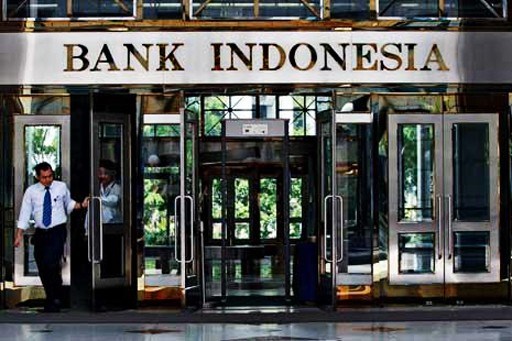Indonesia: foreign debt structure remains healthy
The central bank of Indonesia (BI) has assessed the country’s foreign debt structure will remain healthy as the foreign debt to national gross domestic product (GDP) ratio remained stable at 34% as of late September 2018.
 |
| The central bank of Indonesia (BI) (Photo: Jakarta Post) |
The figure is still below the maximum limit set at 60% of the GDP in Law No 17 of 2003.
Foreign debt rose 5.3% to 360.5 billion USD year on year at the end of October 2018, Indonesia’s News Agency Antara quoted the central bank’s statement as saying.
The debts increased by 0.19% as compared to 359.7 billion USD recorded in September 2018.
Indonesia’s foreign debts at the end of October 2018 comprised 178.3 billion USD of government and central bank debt.
The government`s foreign debts rose by 3.3% year on year to 175.4 billion USD, while the central bank’s foreign debts reached 2.9 billion USD.
The private sector’s debts rose by 7.7% year on year to 182.2 billion USD. As of late October 2018, the private sector’s foreign debts constituted 32.5 billion USD incurred by bank financial institutions and 10 billion USD by non-bank financial institutions. The foreign debts borne by non-financial institution debtors reached 139.6 billion USD.
The private sector’s foreign debts were fuelled by the growth of foreign debts in the electricity, gas, steam/hot water (LGA) sector. Most of the private sector’s foreign debts were incurred by financial service and insurance companies, manufacturing firms, LGA companies, and mining and extracting companies.
(Source: VNA)